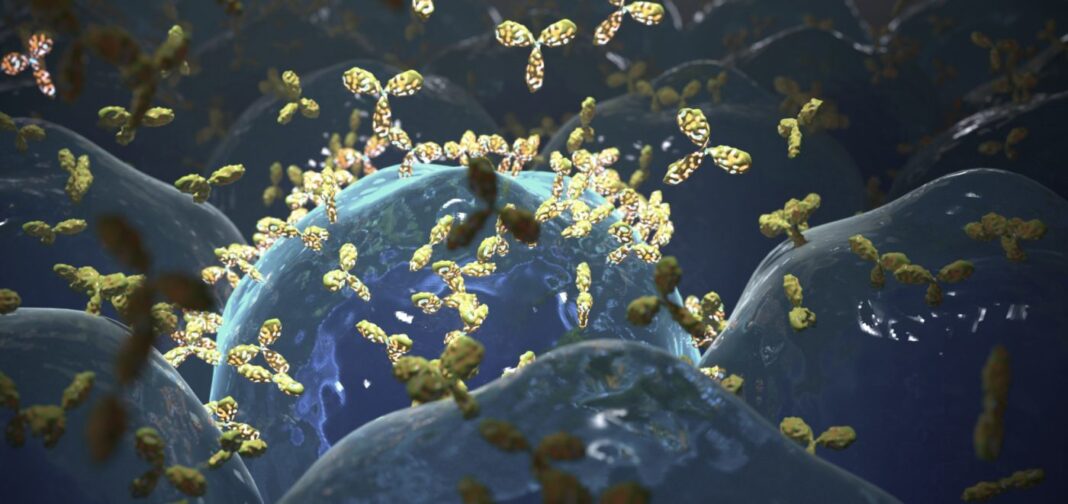During R&D for a new bioprocess, a developer wants to know as much as possible about any therapeutic candidate. When it comes to monoclonal antibody (mAb)-based biotherapeutics, a bioprocessor wants to understand a mAb’s features. At Abveris, a contract research organization for monoclonal-antibody discovery, COO Tracey Mullen says that one way they do that is by using the Beacon Optofluidic Platform from Berkeley Lights. With this platform, Mullen says, Abveris can “perform accelerated discovery of biologics-based therapeutic drug candidates through the use of high-resolution, multifactorial interrogation of antibodies secreted from individual plasma B cells.”

One key in developing a bioprocess for a mAb is knowing that it will do its expected job—that is, function as desired. In some cases, bioprocessors do not confirm that early in development. Mullen’s team, though, can provide mAb candidates of known function and more. With the Beacon, she says, “Multiple assays can be run multiplexed and/or in series to evaluate characteristics such as species cross-reactivity, specificity, relative affinity, developability, and—perhaps most significantly—function.”
With Abveris’ technology, a manufacturer can get better mAbs to explore for bioprocess development, according to Mullen. “Due to the ability of the Beacon to independently isolate and subsequently culture these cells in discrete microenvironments, the resulting antibodies secreted from each plasma cell can be analyzed individually for both function and phenotype prior to single cell export and sequencing,” she explains. “Ultimately, our goal is to be able to deliver fully characterized, development-ready drug candidates, and we believe the Beacon will enable us to do that.”
So, technology ahead of bioprocess development should be considered carefully. That can save time at the very beginning of building a bioprocess.


